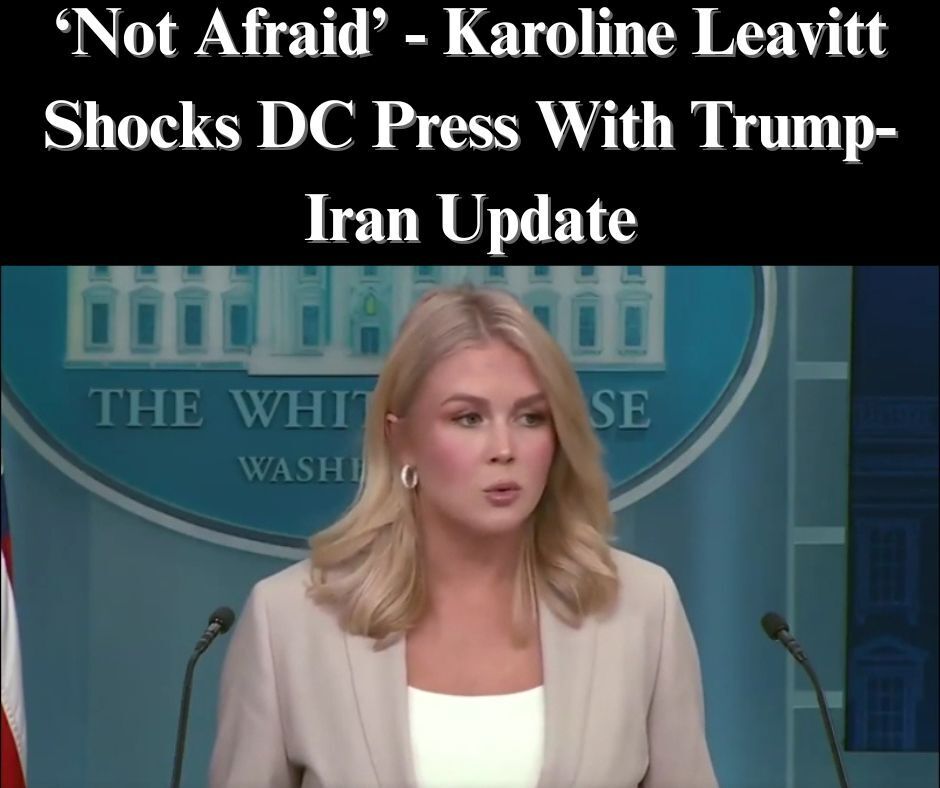President Donald Trump, through White House Press Secretary Karoline Leavitt, delivered a message to the press Thursday regarding his potential response to the escalating conflict between Israel and Iran.
Leavitt said Trump plans to make a decision within the “next two weeks” on whether the U.S. will intervene. The president, she noted, is holding off in hopes that ongoing efforts toward a peaceful resolution will prove successful.
“Based on the fact that there’s a substantial chance of negotiations that may or may not take place with Iran in the near future, I will make my decision whether or not to go within the next two weeks,” Leavitt said during her press briefing. Also, the New York Post reported on Wednesday that Trump expressed the Iranians’ desire to meet with him at the White House.
“If there’s a chance for diplomacy, he’s not afraid to grab it,” Leavitt further explained. But, in order for a deal to be reached, she also noted that Iran would have to agree to stop enriching uranium, which has been a sticking point throughout the past two months between U.S. and Iranian negotiators.
PLAY:
Fox News reports that experts monitoring the conflict say Israel’s military campaign in Iran has yielded “enormous achievements.” Mark Dubowitz, the CEO of the Foundation for Defense of Democracies, referred to the progress being made as “a resounding military win.”
“They’ve actually dominated the Iranian military,” Dubowitz said during an interview with Fox News Digital. “They’ve taken out many senior military leaders, the Iranian Air Force, and a significant percentage of missile launchers and ballistic inventory.”
While Israel has made significant gains, Iran’s retaliatory missile strikes have also inflicted damage. On Thursday morning, a missile hit Soroka Medical Center in Beersheba, and additional strikes on several major cities left hundreds injured. Despite sustaining some losses, military experts assert that the Israel Defense Forces continue to maintain the upper hand over Iran, both strategically and tactically.
“It’s starting to look like 1967, when the Israelis eviscerated five Arab armies. It may take longer than six days, but they’re certainly on that trajectory,” Dubowitz added.
